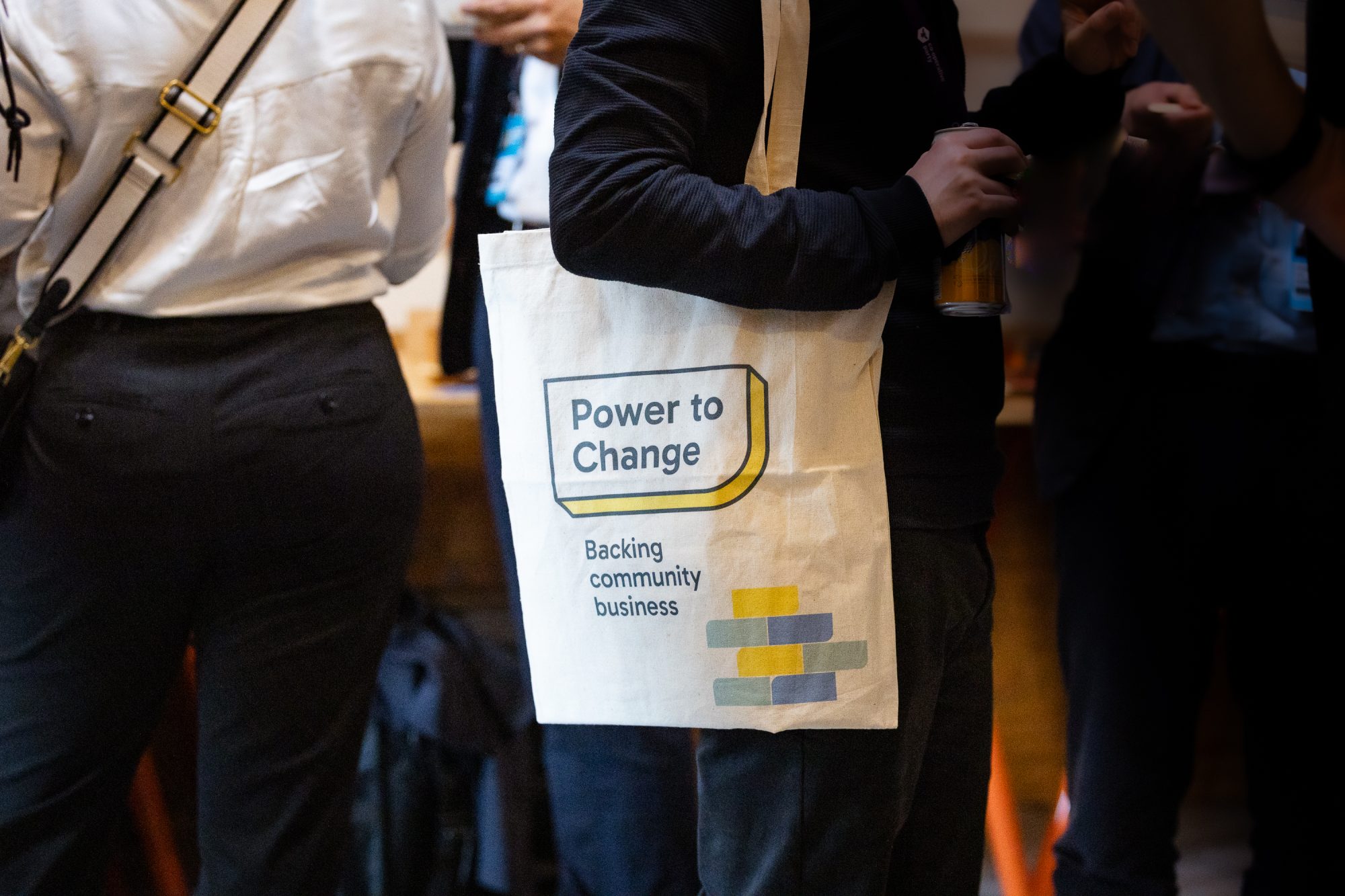
Josh Westerling
Policy Manager
The atmosphere at the Conservative Party conference was unusual and little surprising. A loss of power was accompanied by a loss of the herds of lobbyists who have dominated Tory conference for the last decade or so. Instead, the party members reined supreme, filling out fringe events and hearing from the leadership candidates. This was a pure – even exciting – politics of soapbox speeches, rallies, merchandise, and persuasion. But it also belied the tension at the heart of the conference.
Review and rebuild
Its slogan was ‘review and rebuild’. Yet the focus of the party was on its members – a very small, unrepresentative section of the population – not the wider country. This made it hard to find a convincing account of why the Conservatives are in opposition. In keeping with his reputation, Michael Gove came closest to doing so at an event with More in Common, where he identified the state of public services (in particular the NHS) and a weak economy as the foundations of the Conservative defeat which were compounded by the disrespect shown towards ordinary people by partygate and the infamous mini-Budget. He went on to criticise what he perceived as Labour’s lack of a serious political economy and suggested the Conservatives should spend their time in opposition developing their own.
This is a persuasive argument overshadowed by an elephant in the room. In 2019, when the Conservatives won a significant majority, the party had put forward a different kind of Conservative political economy based around levelling up, strong public services, and controlled migration. Only, this was then undermined by the preferences of party members and MPs who prioritise tax cuts and it is these people the party is currently focused on.
One only needs to look at Keir Starmer’s leadership of the Labour Party to know that we cannot read too much into this. Once elected by members, party leaders necessarily have to shift their focus to the electorate if they are interested in forming a government. There were some signs of where the party might go in the future.
Looking to the future
Each of the leadership candidates attended a hustings hosted by the Centre for Social Justice and were asked by the Chair – Iain Duncan-Smith – what social justice meant to them and Conservatives. The answers were telling, as each candidate spoke to a conception of social justice stressing the importance of concentric circles of the individual, the family, and the community – with community business an important part of this. It suggests space for a revival of a Conservative communitarianism that we saw when the Conservatives last entered office from opposition with the Big Society agenda. Levelling up was also mentioned at various fringes, and Robert Jenrick made the most explicit attempt to own that mantle, emphasising his roots in provincial England.
This was a party in flux and only time will tell if a shift of attention away from the members to the country at large will bring with it the reckoning necessary for the Conservative to mount a credible challenge at the next election. In the meantime, Power to Change will keep working cross-party to make the case for community business.



